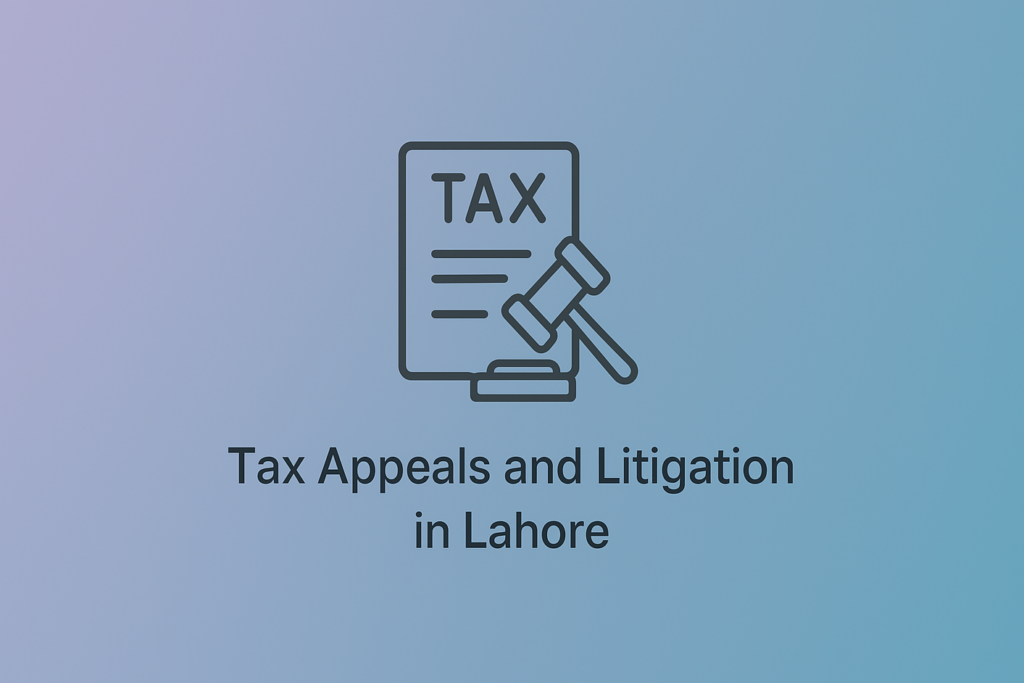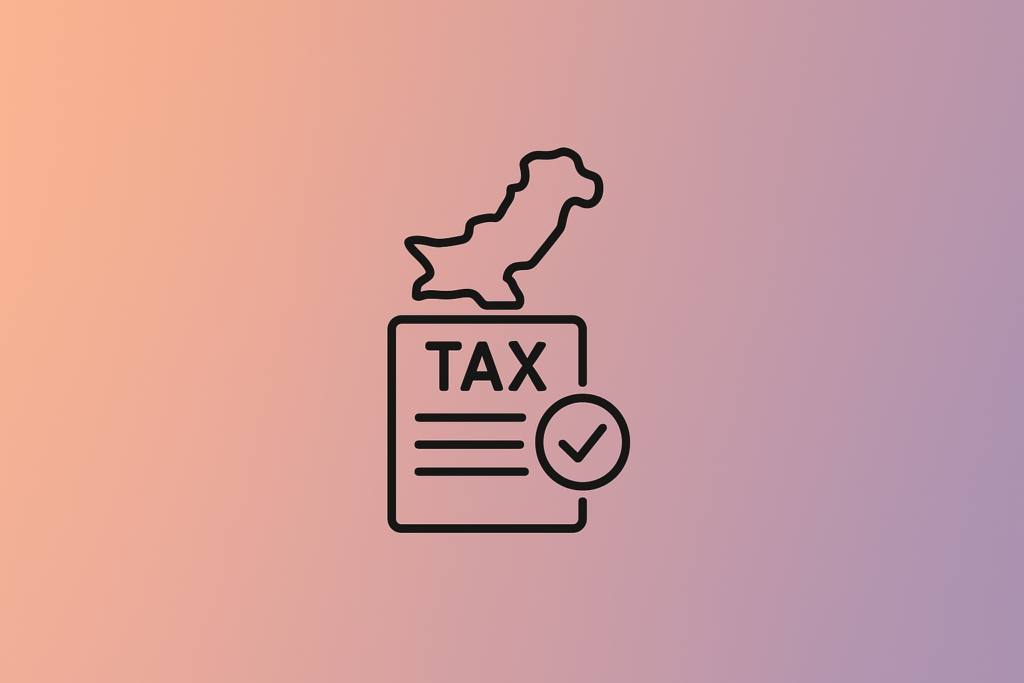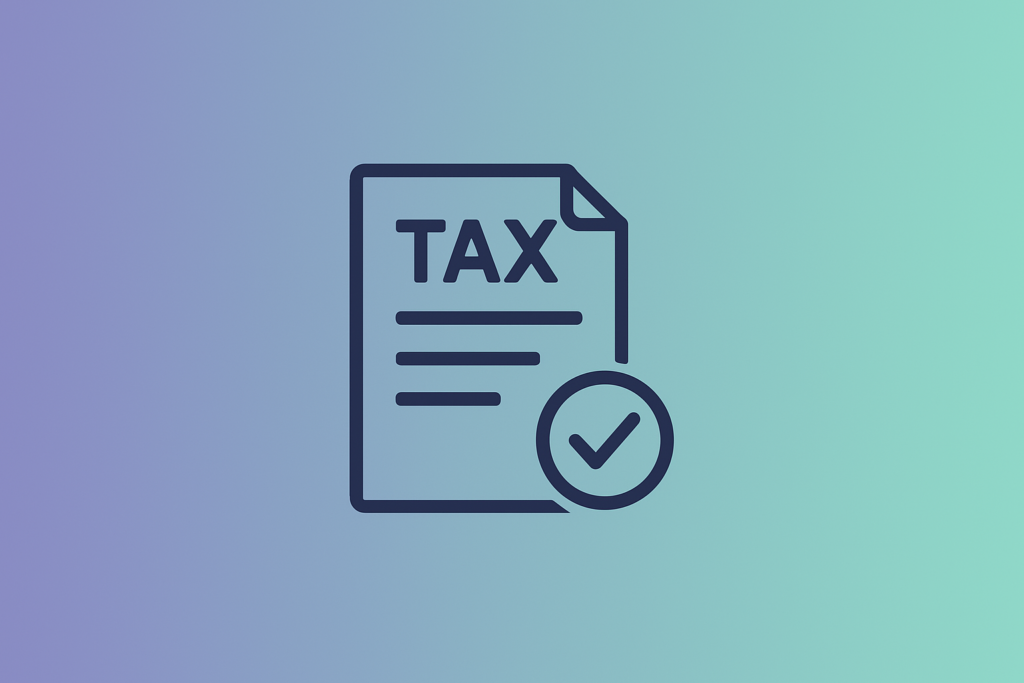Navigating tax appeals and litigation in Lahore can be complex. Knowing the basics is essential for anyone involved.
Tax laws can be daunting, especially when disputes arise. In Lahore, businesses and individuals often face challenges with tax assessments and penalties. Understanding the process of tax appeals and litigation can save time and resources. Whether you’re disputing a tax decision or preparing for a hearing, knowing your rights and the legal procedures is crucial.
This blog will guide you through the essentials of tax appeals and litigation in Lahore, offering insights to help you handle your case more effectively. Stay informed and prepared to tackle tax issues with confidence.
Tax Appeals Process
The tax appeals process in Lahore can be complex but manageable. Understanding the steps and necessary documentation can simplify it. This guide will help you navigate the tax appeals process efficiently. Read on to learn about the initial steps and required documentation.
Initial Steps
Begin by reviewing the tax assessment notice. Identify errors or discrepancies in the assessment. Consult a tax professional if needed. File your appeal within the specified time frame. Delays can lead to dismissal of your appeal. Submit a written appeal to the relevant tax authority.
Required Documentation
Gather all relevant documents for your appeal. Include the original tax assessment notice. Provide proof of payment if applicable. Submit financial records and supporting evidence. Attach any correspondence with tax authorities. Ensure all documents are clear and legible. Proper documentation increases the chances of a successful appeal.

Credit: www.taxcare.pk
Common Grounds For Appeals
Tax appeals in Lahore often arise from disputes over the assessed value of property or disagreements regarding tax exemptions. Many seek to challenge tax assessments or penalties imposed by authorities.
When it comes to tax appeals and litigation in Lahore, understanding the common grounds for appeals can make a significant difference. Whether you’re a business owner or an individual taxpayer, knowing the reasons you can challenge a tax decision is crucial. Let’s delve into some of the typical grounds that taxpayers often cite in their appeals.
Assessment Disputes
Assessment disputes are one of the most common reasons for tax appeals. Imagine you receive a tax assessment that appears inflated or incorrect. Perhaps the revenue authorities have miscalculated your taxable income, or they have included income that should be exempt.
In such cases, it’s essential to gather all relevant documents to support your claim. For example, incorrect deductions can often be rectified by providing proper receipts or bank statements.
Have you ever wondered if you could challenge an unfair assessment? Yes, you can, and it’s often a straightforward process with the right evidence.
Penalty Challenges
Penalties can sometimes be harsh, and challenging them is another common ground for tax appeals. Maybe you’ve been slapped with a hefty penalty for late filing, but you have a valid reason for the delay.
In such scenarios, you can argue that the penalty is unwarranted. Provide any documentation that supports your reason, such as medical records or proof of a natural disaster affecting your ability to file on time.
Remember that successfully challenging a penalty requires showing that you acted in good faith and had a reasonable cause for the delay. Wouldn’t you want to ensure that you are not unfairly penalized for circumstances beyond your control?
Understanding these common grounds for appeals can empower you to contest decisions that seem unjust. Always keep detailed records and consult with a tax professional if you need assistance. Your financial well-being could depend on it.
Role Of Tax Consultants
Tax consultants play a vital role in tax appeals and litigation in Lahore. They guide clients through complex tax laws and ensure compliance. Consultants help prepare necessary documents and represent clients during disputes. They offer expert advice on minimizing tax liabilities and avoiding penalties.
Tax consultants also assist with negotiations and settlements. Their expertise can lead to favorable outcomes in tax appeals. Hiring a skilled consultant can save time and money.
Finding A Consultant
Finding a reliable tax consultant in Lahore is crucial. Start by researching online and reading reviews. Look for consultants with experience in tax appeals and litigation. Ask for recommendations from friends or colleagues.
Verify the consultant’s credentials and past successes. Schedule a meeting to discuss your needs and assess their expertise. Ensure they have a good understanding of local tax laws.
Consultant Fees
Consultant fees can vary widely based on experience and services. Some consultants charge hourly rates, while others offer fixed fees. Understand the fee structure before hiring.
Request a detailed fee breakdown to avoid hidden costs. Compare fees from different consultants to find one that fits your budget. Remember, investing in a good consultant can lead to savings on taxes.
Legal Framework
Understanding the legal framework for tax appeals and litigation in Lahore is essential. This framework consists of various laws and regulations. These laws guide the process and ensure fairness. Knowing these laws helps you navigate the system better. Let’s explore the key aspects of this legal framework.
Relevant Laws
Several laws govern tax appeals and litigation in Lahore. The Income Tax Ordinance, 2001, is a primary law. It addresses income tax issues and disputes. The Sales Tax Act, 1990, deals with sales tax matters. Both laws lay down procedures for appeals and litigation.
The Federal Excise Act, 2005, also plays a role. It covers disputes related to excise duties. The Customs Act, 1969, is important for customs-related issues. These laws ensure a structured approach to tax disputes. They provide clear guidelines for taxpayers and authorities.
Key Legal Provisions
Each law has specific provisions for appeals and litigation. The Income Tax Ordinance, 2001, includes sections for filing appeals. Section 127 allows taxpayers to appeal against tax orders. The Sales Tax Act, 1990, has similar provisions. Section 45-B outlines the appeal process.
The Federal Excise Act, 2005, includes provisions for appeals. Section 34 allows taxpayers to challenge excise duty assessments. The Customs Act, 1969, also has appeal provisions. Section 193 provides a process for appealing customs decisions.
These provisions ensure transparency and fairness. They protect taxpayers’ rights and promote trust in the tax system. Knowing these key provisions helps in navigating the legal landscape.
Types Of Tax Litigation
Tax litigation in Lahore involves disputes between taxpayers and tax authorities. These disputes can be divided into two main types: direct tax litigation and indirect tax litigation.
Direct Tax Litigation
Direct tax litigation deals with taxes directly imposed on income or wealth. This includes income tax, corporate tax, and property tax. Disputes arise over the calculation of taxable income, deductions, and exemptions. Taxpayers may challenge assessments made by tax authorities. Courts or tribunals resolve these disputes.
Indirect Tax Litigation
Indirect tax litigation focuses on taxes applied to goods and services. Examples are sales tax, customs duties, and value-added tax (VAT). Issues often involve the classification of goods, applicable tax rates, and compliance with tax laws. Business owners frequently engage in indirect tax litigation. They seek clarity on tax obligations and dispute penalties imposed by tax authorities.
Preparing For Litigation
Navigating tax appeals and litigation in Lahore requires meticulous preparation. Gather all relevant documents and evidence to support your case. Consult an experienced tax attorney for guidance through the process.
When you’re gearing up for tax litigation in Lahore, preparation is key. It’s not just about knowing the law but also about how you present your case. This means getting organized, gathering the right evidence, and building a strong case. Let’s dive into the crucial steps to get you ready for litigation.
Gathering Evidence
Evidence is the backbone of any legal case. Start by collecting all relevant documents, including financial records, tax returns, and correspondence with tax authorities.
Use a checklist to ensure you don’t miss anything important. This can save you from last-minute panic.
Don’t forget to include any witness statements or expert opinions that support your claim. These can significantly strengthen your position.
Building A Case
Once you have your evidence, the next step is to build your case. Organize your documents in a logical order. This makes it easier for you and your lawyer to review and present the information.
Create a timeline of events. This helps to show the sequence of actions and any inconsistencies in the tax authority’s claims.
Work closely with your lawyer. They can offer valuable insights and strategies based on their experience.
Remember, your lawyer is your best ally in this process. Don’t hesitate to ask questions or seek clarification on any point.
Preparing for tax litigation in Lahore might seem daunting, but with the right approach, you can make a strong case. Are you ready to take the next step?
Court Proceedings
Tax appeals and litigation in Lahore involve legal processes to resolve disputes over tax assessments. Courts review evidence and make judgments to ensure fair taxation. Expert lawyers often represent clients in these proceedings.
In Lahore, navigating tax appeals and litigation can be a complex journey. One critical stage in this process is court proceedings, where the real action happens. Understanding the steps involved can give you a clearer picture and help you prepare better.
Filing A Case
Filing a case is your first step in court proceedings. It involves submitting a written complaint to the court. This complaint should outline your grievance and the relief you seek.
You need to gather all relevant documents, such as tax notices, payment receipts, and any correspondence with the tax authorities. This evidence will support your case.
Make sure your complaint is clear and concise. Courts appreciate well-organized and straightforward presentations.
Court Etiquette
Court etiquette is crucial for making a good impression. Dress professionally when you appear in court. This shows respect for the judicial process.
Listen carefully to the judge and other court officials. Respond politely and maintain a calm demeanor. Your behavior can impact the judge’s perception of you and your case.
Avoid using slang or casual language. Speak clearly and directly. Proper communication can significantly influence the outcome of your case.
In my experience, a well-prepared case and respectful behavior can go a long way. I once saw a well-dressed, polite individual win a case primarily because of their professionalism. It made me realize how much these small details matter.
Are you prepared to face court proceedings in Lahore? How will you ensure your case stands out?
Post-litigation Steps
After the court case ends, several steps must be taken. These steps ensure that the court’s decisions are followed properly. Understanding these steps is crucial for anyone involved in tax appeals and litigation in Lahore.
Enforcement Of Judgments
Once the court gives its judgment, the next step is enforcement. This means making sure the ruling is carried out. The winning party must take action to enforce the judgment. This can involve contacting relevant authorities or officials.
Enforcement can be complex. It might include collecting payments or ensuring compliance with court orders. It’s important to act swiftly. Delays can cause complications. Legal assistance might be necessary during this phase.
Appealing A Court Decision
If either party disagrees with the court’s decision, they can appeal. An appeal is a request for a higher court to review the decision. This process involves submitting necessary documents and evidence.
The appeal must be filed within a specific time frame. Missing this deadline can result in losing the right to appeal. It’s important to understand the grounds for appeal. Not all decisions can be appealed. Legal counsel can help determine if an appeal is possible.

Credit: www.maslawfirm.org
Frequently Asked Questions
What Is A Tax Appeal In Lahore?
A tax appeal in Lahore is a formal process. It allows taxpayers to challenge tax assessments. The appeal is reviewed by tax authorities.
How Do I File A Tax Appeal?
To file a tax appeal, submit a written application. Include relevant documents and evidence. Follow the guidelines provided by tax authorities.
What Are The Common Reasons For Tax Litigation?
Common reasons for tax litigation include disputes over tax assessments, penalties, and interest charges. Errors in tax returns can also lead to litigation.
How Long Does A Tax Appeal Take?
The duration of a tax appeal varies. It depends on the complexity of the case and the workload of tax authorities. It can take several months.
Conclusion
Navigating tax appeals and litigation in Lahore can be challenging. Understanding the basics helps. Seek professional advice for complex cases. Stay informed about local tax laws. Timely action can save money and stress. Always keep thorough records. Strong documentation supports your case.
A proactive approach is key. Facing tax issues with knowledge and preparation empowers you.



